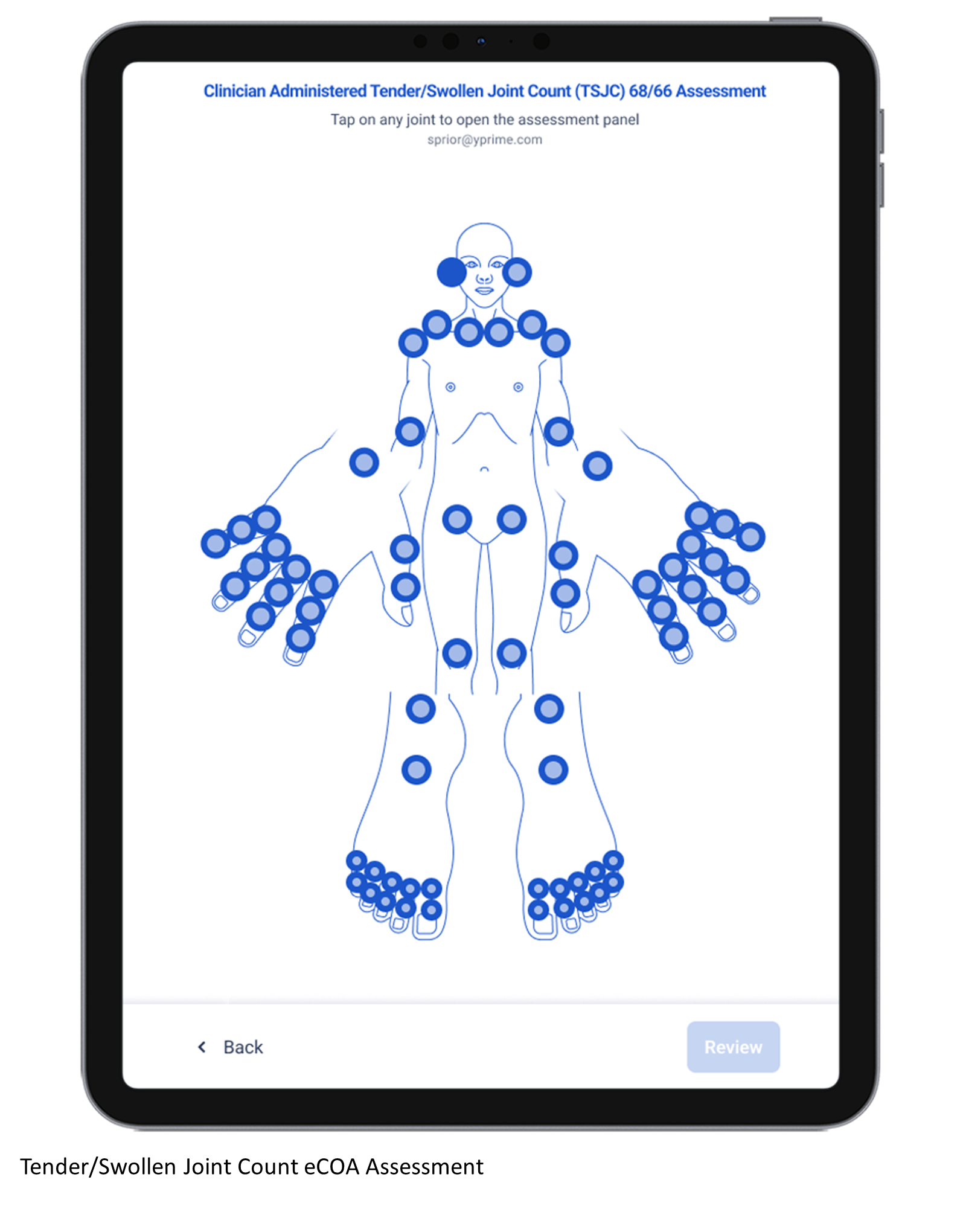Clinical trials are vital for medical progress, but inherent challenges and complexity can hinder efficiency and increase cost. New clinical trial technology is emerging to address these challenges, with a focus on user-centered design to improve the experience for everyone involved.
The user-centered approach prioritizes feedback from research site personnel, patients, and sponsors. By understanding their specific needs, developers can create clinical trial technology that is not only advanced but also user-friendly and directly addresses workflow challenges. This ensures clinical trials are more accessible, efficient, and successful. 
For instance, there is a specialized assessment tool for patients with conditions that affect the joints, such as autoimmune diseases like rheumatoid arthritis. Designed with input from joint assessors, this tool simplifies complex evaluations, making the process smoother for both patients and healthcare professionals.
Sponsors are particularly focused on speeding up clinical trials, improving participant compliance, and reducing dropouts. User-centered clinical trial technology design addresses these concerns by creating engaging experiences for patients and intuitive interfaces for site personnel. Features like scheduling assistance, reminders, and communication tools can boost compliance and minimize dropouts, keeping trials on track.
Data security and regulatory compliance are crucial, to ensure the legal and ethical conduct of clinical trials—fostering trust with participants and regulatory bodies. To enable data security, advanced security measures and user-friendly clinical trial technology platforms must guide users through compliant data collection processes. The adaptability of these systems enables compliance with diverse international regulations.
Artificial Intelligence (AI) and Machine Learning (ML) hold significant promise to advance clinical research. Although promising, AI/ ML must meet the real needs of researchers, site personnel, and participants. User feedback must be incorporated throughout the development process to ensure AI and ML tools are practical, user-friendly, and truly improve clinical trial processes.
By fostering a more efficient and supportive ecosystem for all participants, a user-centered approach to clinical trial technology can potentially transform the clinical research landscape, leading to accelerated drug development of new life-saving treatments.
Ready to Dive Deeper? Explore More Resources on User-Centered Technology
Unleash the full potential of user-centered technology in clinical trials. Discover other resources below.



